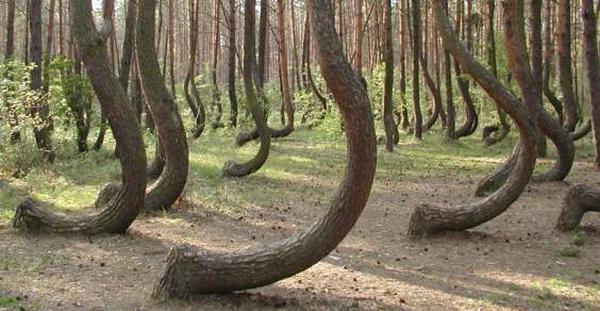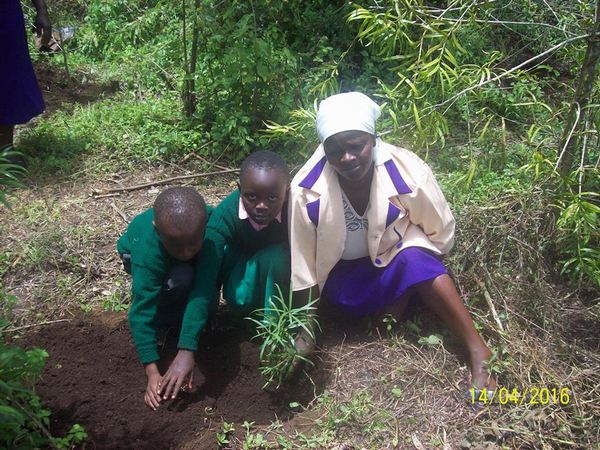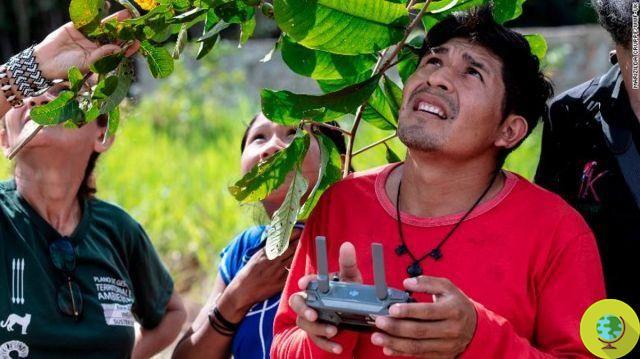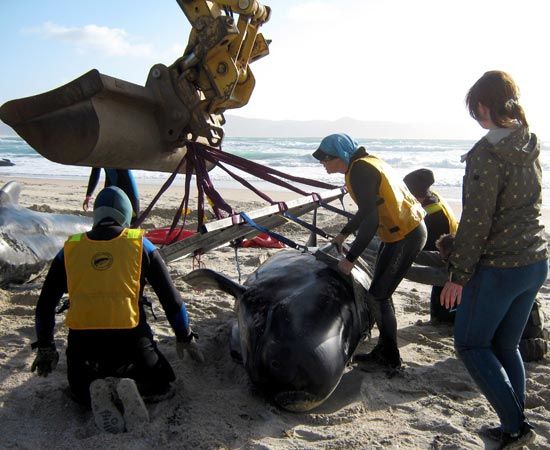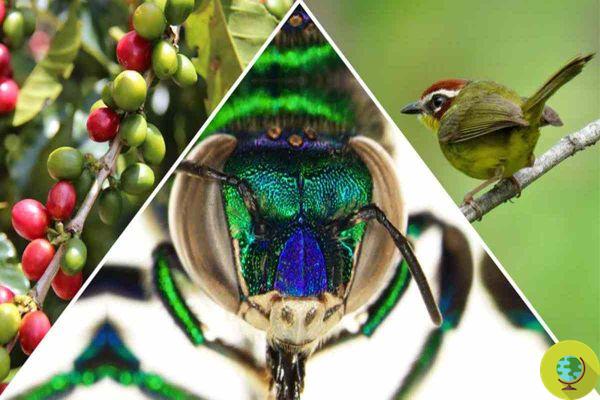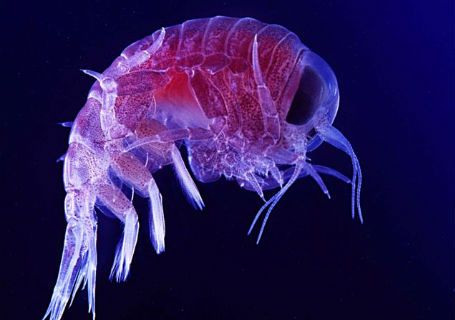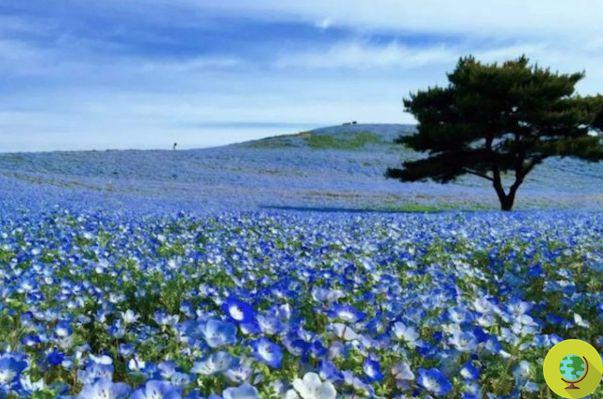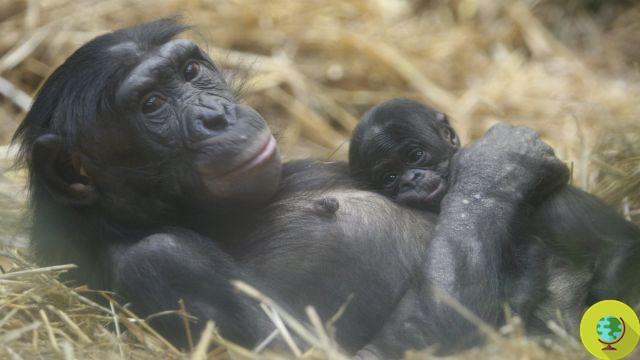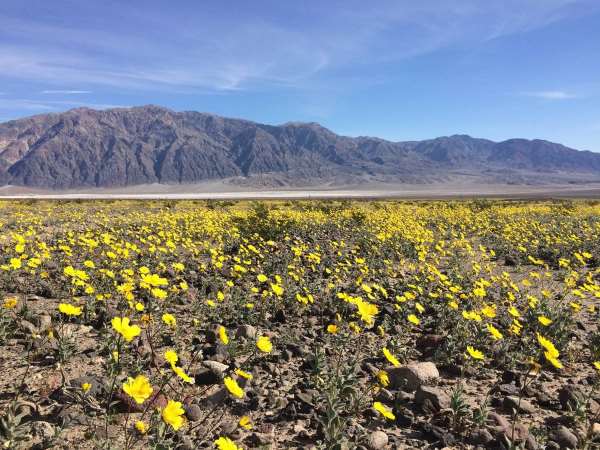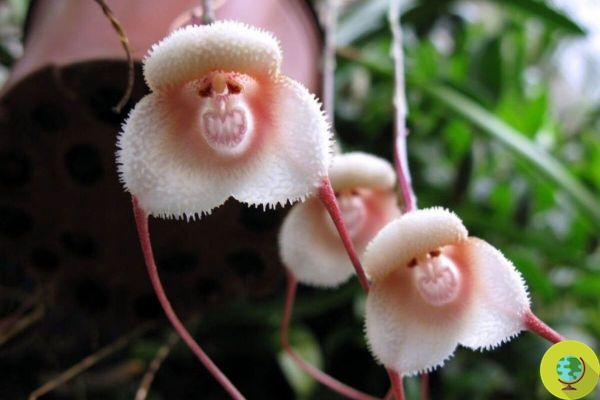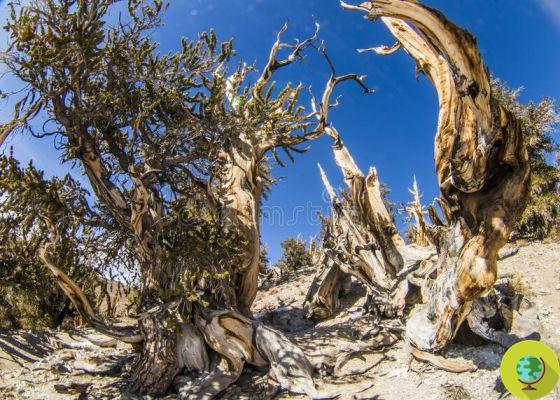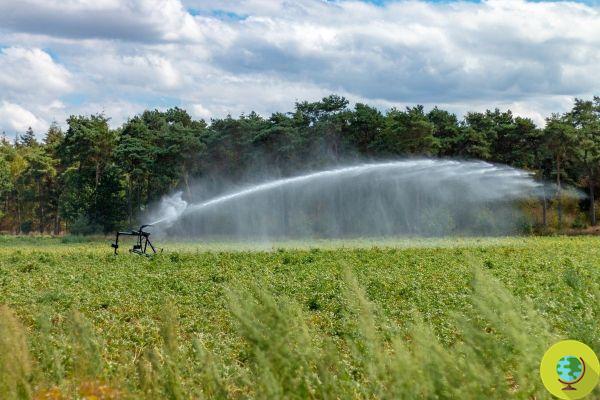
From drought-stricken California comes research to create new plants that are more resistant to the increasingly hot climate
From California weakened by an unprecedented drought comes research to create new plants that are more resistant to the increasingly hot climate that awaits us
University of California Davis researchers are hard at work for “Reinventing” the agricultural production of food in light of the devastating effects of the climate crisis: the extreme drought that hit 90% of California's territories this summer brought farmers to their knees, draining water supplies and killing hundreds of trees (such as almond trees, of which we talked to you in this article); some 70.000 state farms have had to drastically reduce their use of water due to scarcity of available resources. In short, an unprecedented environmental catastrophe, for which it is urgent to find a solution.
Researchers have spread all over the world to collect samples of rare plants: this has sometimes meant traveling to remote places on the planet, such as Iran and Afghanistan, where trees are already used to surviving with little water and salty soils. Other teams are working on creating grafts between different plants, exploiting the characteristics of those that are more resilient to high temperatures and dry climates. Others are analyzing plants that did not survive the drought to understand the causes of their death. Finally, others still are conducting "tests" on existing plants (for example by depriving the trees of moisture or by wetting them with salt water) in a special garden: the Torture Orchard (literally, Garden of Torture).
It is an unprecedented drought, unlike all the others experienced so far - explains Sam Sandoval Solis, professor at UC Davis. - What has changed is the speed at which these changes are happening. The reality is that we have reached a point where we use more water than is available: we are living beyond our means.
The speed of climate change in California corresponds to slow changes in the agricultural industry: methods of reducing water consumption in fields are slow to take hold, as well as the development of crops that are more resilient to the increasingly hot climate (many plants designed in the laboratory to withstand the drought will not be available until the next twenty years).
In the last decades, the fight against water waste has reached important goals: between 1980 and 2015, Californian farmers reduced their water consumption by 14%, while increasing productivity by 38%; There was also a drastic drop also in the private use of water (-35% in 2015 compared to 1980). Despite this good news, however, garden farmers cannot afford to reduce their water consumption, as their crops would be damaged too much - which is why UC Davis researchers have been investigating the gardens. of a method of growing trees that impacts less on increasingly scarce water resources.
In practice, we are teaching plants to produce the same amount of fruit, providing them with less water - the researchers explain. - They need to learn to find the right balance. “Teaching” plants to need less water, to adapt to drier (and often saltier) soils is a long and tiring job.
Follow your Telegram | Instagram | Facebook | TikTok | Youtube
Source: University of California Davis
We also recommend:
- The climate crisis will affect the supplies of coffee and chocolate in Europe
- Thus "our" palm oil crops are starving African children
- Avocado and vanilla may soon disappear, due to pesticides (and more). I study




